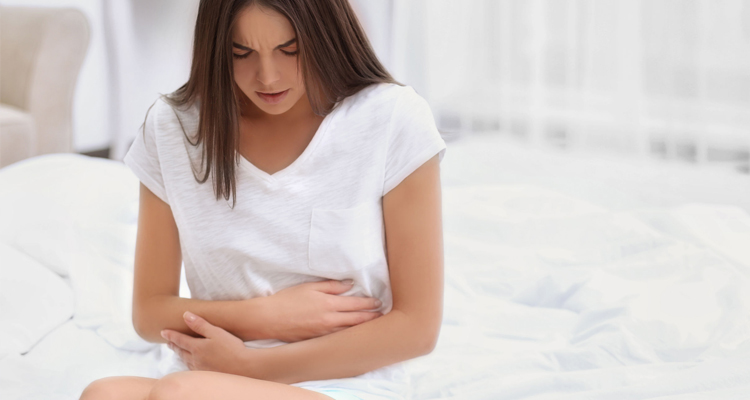
Fibroids
Fibroids are benign tumours that develop within the uterus. About 1 in 5 women develop fibroids during their childbearing years and half of all women will have fibroids before they are 50.
Symptoms
- Heavy menstrual bleeding (menorrhagia)
- Bleeding between periods
- Periods lasting longer than normal
- Pelvic cramping or pain with periods
- Sensation of fullness or pressure in lower abdomen
- Needing to urinate more often
- Pain during intercourse
Diagnosis
Fibroids often do not cause symptoms and are usually discovered during a routine gynaecological examination, diagnostic test or scan. To confirm diagnosis you may be asked to undergo:
- Ultrasound scan
- Transvaginal ultrasound
- Hysteroscopy
- Laparoscopy
- Biopsy
Treatment
Treatments vary depending on your age, general health, the type of fibroids, and if you are pregnant or planning to get pregnant in the future. Some women may just need pelvic exams or ultrasounds every once in a while to monitor the fibroid growth.
Treatment Options
- Birth control pills (oral contraceptives) help control heavy periods
- Non-steroidal anti-inflammatory drugs (NSAIDs) such as ibuprofen for pain
- Intrauterine devices (IUDs) release the hormones to reduce heavy bleeding and pain
- Iron supplements treat anemia caused by heavy periods
- Short-term hormone therapy injections help to shrink the fibroids
Surgery Options
- Hysteroscopy
- Uterine artery embolisation
- Myomectomy
- Hysterectomy